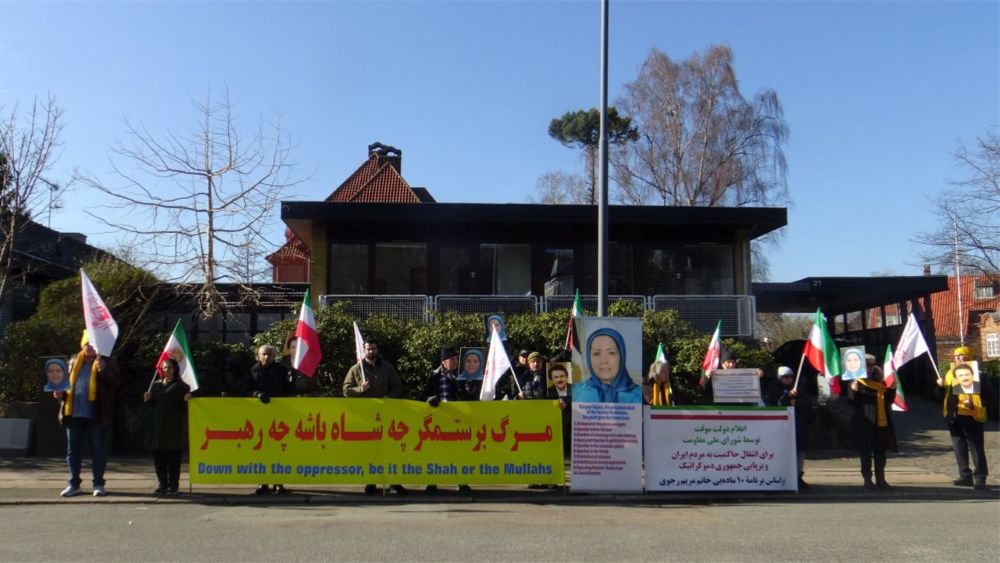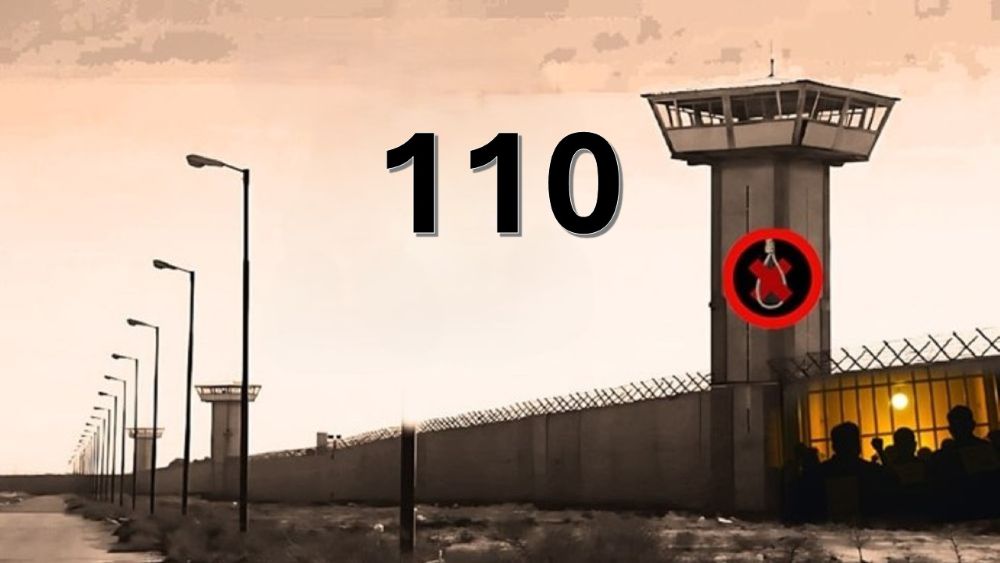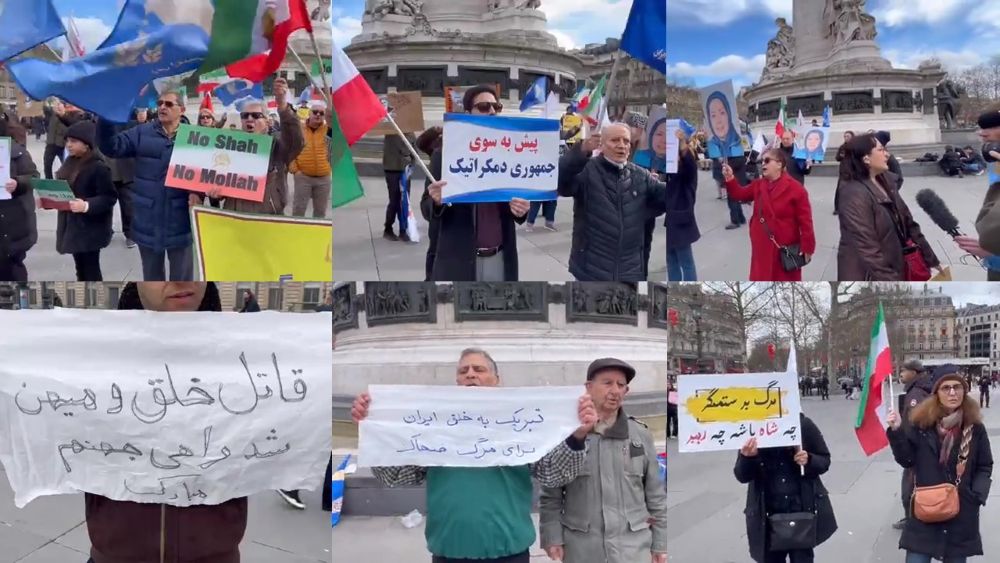The statement by 12 members of the European Parliament refers to the 67th UN resolution, the gross violation of human rights by the Iran’s regime, and the reminder that 1,500 people were killed in the November 2019 uprising. The statement then states that beyond the coin of repression inside the country is the export of terrorism against the opposition abroad.
The full text of this statement is as follows:
In December 2020, on the basis of a resolution introduced by most European countries, the United Nations General Assembly condemned Iran for the 67th time for its gross human rights violations. On December 23, 2019, Reuters reported that “about 1,500 people were killed” in November 2019. The death toll was provided to Reuters by three Iranian interior ministry officials. Thousands more were arrested in these anti-regime protests.
Amnesty International announced in its March 2020 report that “at least 23 children (were) killed by security forces in November protests – new evidence.” Additionally, in its September 2020 compressive report, Amnesty highlighted “mass arrests, disappearances, and torture since Iran’s 2019 November protests.”
The flip side of the coin of repression at home is the export of terrorism against the opposition abroad. The Iranian ambassador and three diplomats were expelled from Albania, and three other diplomats were expelled from France and the Netherlands, for their involvement in terrorist acts against the opposition. In the summer of 2018, Assadollah Assadi, an Iranian diplomat who plotted an attack against the gathering of the opposition attended by tens of thousands of people on the outskirts of Paris, was arrested by German police and extradited to Belgium.
The target of the attack were Mrs. Maryam Rajavi, the President-elect of the National Council of Resistance of Iran (NCRI), and a group of top European and American dignitaries who attended the gathering. If the plot was not discovered and neutralized, the casualties among the attendees would have been significant.
On February 4, 2021, after two and a half years of investigations and trial, the Belgian judiciary sentenced Assadi to 20 years in prison and his three accomplices between 15 to 18 years in prison. According to the verdict, this major terrorist operation was coordinated in Iran, the bomb was made and tested in Tehran and Assadi transported it to Europe in a diplomatic pouch via a commercial plane.
A European court has now left no doubt about the Iranian regime’s terrorist objectives and the use of its embassies and diplomats in this regard. Therefore, the European Union must comprehensively reassess its policy on Iran. In particular, it must:
- Condition any economic or trade relations with the Islamic Republic of Iran on the improvement of the human rights situation in Iran, an end to the regime’s terrorism on European soil, an end to its illegal nuclear and missile programs, and an end to its war-mongering in the region. These are all elements of an integrated policy pursued by Iran, which has threatened peace and security in the region and in Europe.
- Designate the Islamic Revolutionary Guard Corps (IRGC) and the Ministry of Intelligence and Security (MOIS) as terrorist entities, and expel agents and mercenaries of Iran’s intelligence services who disguise themselves as diplomats, journalists or businessmen. Shut down centers that promote terrorism and fundamentalism while operating under the cover of religious or cultural institutions. The asylum status and citizenship of MOIS agents and mercenaries in European countries must be revoked.
- Downgrade diplomatic relations with Iran. Close embassies and missions in Europe if Iran does not commit to ceasing terrorism on European soil;
- Hold accountable the leaders of the Iranian regime and its foreign minister, whose ministry, embassies, and diplomats were involved in planning and preparing the large-scale terrorist plot.
Signatories:
Hermann Tertsch, MEP from Spain
Stanislav Polčák, MEP from Czech Republic
Derk Jan Eppink MEP from Netherlands
Gianna Gancia, MEP from Italy
Ruža Tomašić, MEP from Croatia
Ivan Štefanec, MEP from Slovakia
Benoît Biteau, MEP from France
Franc Bogovič, MEP from Slovenia
Ljudmila Novak, MEP from Slovenia
Matteo Adinolfi, MEP from Italy
Milan Zver, MEP from Slovenia
Romana Tomc, MEP from Slovenia



